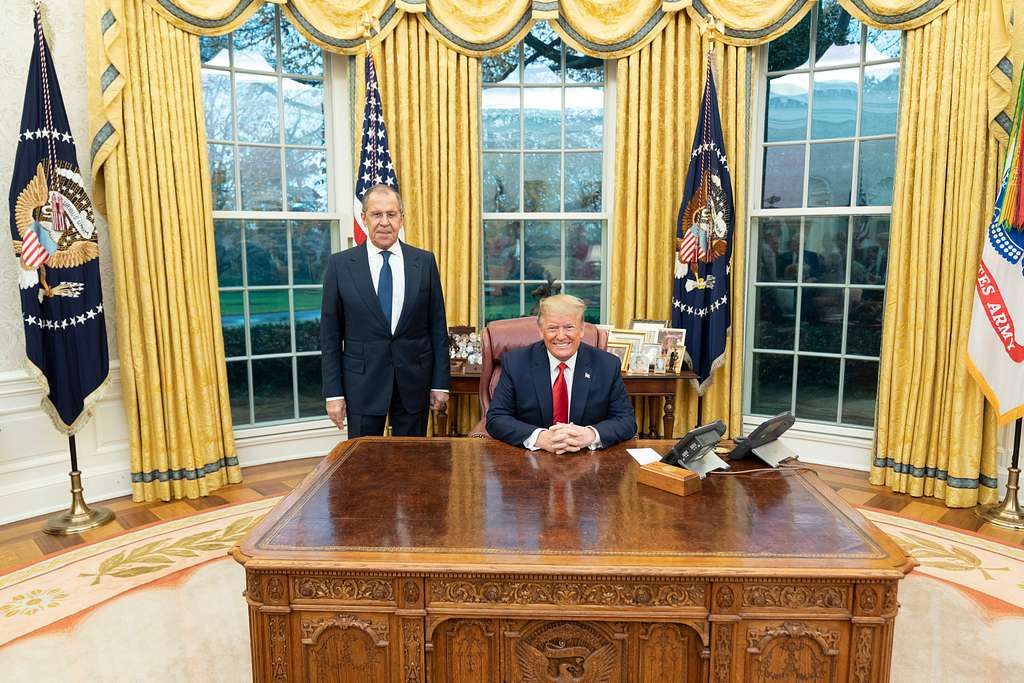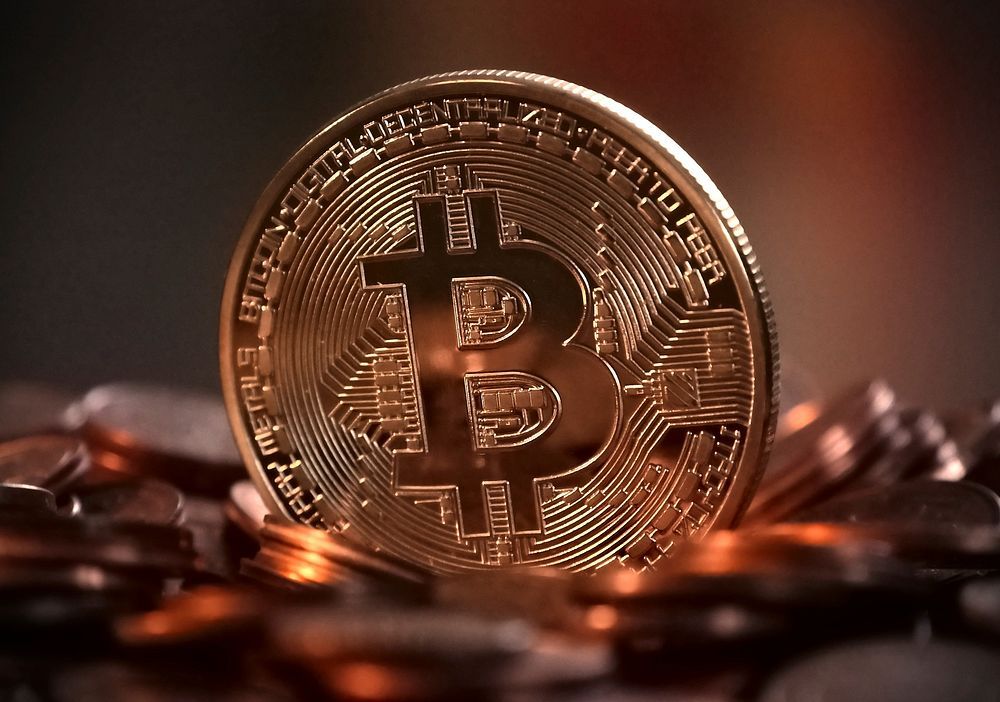Global Implications of Vladimir Putin’s Escalation in Nuclear Rhetoric

Russian President Vladimir Putin’s recent remarks regarding the potential use of nuclear weapons have sent ripples across the international community, heightening global concerns. During a high-profile meeting with senior officials and Russia’s security council, Putin declared that Russia would consider employing nuclear weapons if attacked by any nation, even with conventional weapons. This significant shift in rhetoric comes alongside changes to Russia’s nuclear doctrine, signaling a potential recalibration of its military stance.
Escalating Tensions and Geopolitical Uncertainty
Putin’s statement underscores an increasingly aggressive posture by Russia, fueling global anxieties. The mere mention of nuclear weapons in such a context raises the stakes for countries worldwide, particularly in Europe and the United States, where defense strategies may need to be reevaluated in light of Russia’s unpredictable stance. As tensions between Russia and the West continue to simmer, this escalated rhetoric could push other nations into more defensive or even preemptive positions, increasing the risk of miscalculations on a global scale.
Impact on Global Security Frameworks
Putin’s comments may trigger a reassessment of global nuclear non-proliferation efforts. Treaties such as the Nuclear Non-Proliferation Treaty (NPT) could face additional strain, as nations become wary of Russia’s changing doctrine and might seek to bolster their own defense capabilities. Countries with nuclear arsenals could feel compelled to reinforce their deterrence policies, while those without may reconsider their stance on nuclear weapons development, potentially leading to an arms race.
Economic and Diplomatic Repercussions
Economically, Putin’s nuclear threats could have severe consequences. Global markets, which are often sensitive to geopolitical instability, might experience fluctuations as investors react to increased risks. In addition, diplomatic relations between Russia and major powers could suffer further strain, leading to more stringent economic sanctions, isolation, and reduced cooperation on critical international issues such as energy and trade.
Global Military Realignments
Putin’s remarks could prompt a recalibration of military strategies among NATO allies and other global powers. The threat of nuclear engagement, even in response to conventional attacks, may lead to increased military spending, an uptick in arms development, and the repositioning of defense systems, particularly in Europe and surrounding regions. Countries bordering Russia or within its sphere of influence may seek additional security assurances from global powers, further intensifying the ongoing arms race.
Heightened Risk of Conflict Mismanagement
One of the most alarming aspects of Putin’s statement is the potential for misinterpretation or mismanagement of military engagements. With the lowered threshold for nuclear weapons usage, any conventional conflict involving Russia could spiral into a catastrophic scenario. The global community now faces the challenge of navigating this heightened risk of miscalculation, where small-scale conflicts could quickly escalate into global crises.
Conclusion
Putin’s escalated nuclear rhetoric represents a stark warning to the international community. As Russia signals a willingness to consider the use of nuclear weapons even in non-nuclear conflicts, global security dynamics are shifting. The potential consequences of this shift, from economic instability to the threat of a renewed arms race, underscore the urgency for diplomatic engagement, crisis management, and a reevaluation of global defense strategies. The world must now grapple with the delicate balance of deterring aggression while avoiding actions that could trigger unintended catastrophic outcomes.







